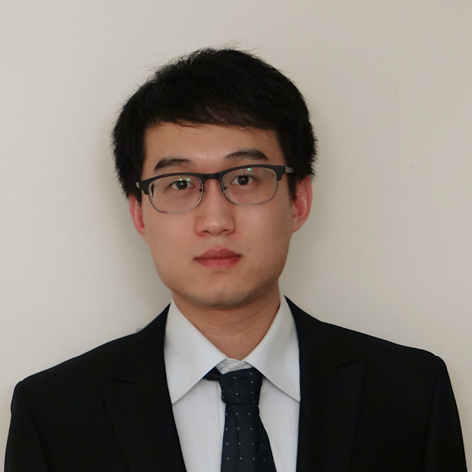
Jun Wang received $249,829 from the National Science Foundation
Jun Wang with the Mechanical Engineering Department has received a $249,829 award from the National Science Foundation. These funds will support his project "Collaborative Research: Data-Driven Inverse Design of Additively Manufacturable Aperiodic Architected Cellular Materials"
The goal of this project is to elucidate the structure-property relation of the three-dimensional (3D) architected aperiodic cellular materials and achieve the inverse design of cellular materials with desired properties. The rationally designed micro/nano-architecture of materials gives rise to unprecedented or rare mechanical properties (e.g., negative parameters and shape-morphing) that could be exploited to create advanced materials with novel functionalities. Additive Manufacturing (AM) has enabled the fabrication of complex architectures and further enhanced cellular materials design capability. However, there are several challenges to the inverse design problem, i.e., searching for a microstructural topology that exhibits demanded mechanical properties: (1) the inverse problem is ill-posed since multiple topologies can have the same or similar effective properties, and the design diversity and generality of property-structure mapping exacerbate the problem; (2) state-of-the-art cellular materials are composed of periodic structures, while spatially textured functionalities require aperiodic materials; the combinatorial design of aperiodic structures presents both geometric frustration and computational challenges; (3) the inexhaustible structure space leads to the unknown theoretical limits of the property space of cellular materials. To address the above challenges, this project aims to establish a rational design paradigm of topological aperiodic architected cellular materials with a target property by leveraging geometric-mechanics deep learning. The research objectives are: (1) elucidate the geometry-mechanics relation of cellular structures and derive computationally efficient data-driven inverse mapping for generating structures with desired properties; (2) address the compatibility and additive manufacturability problems in the combinatorial design of aperiodic structural patterns; (3) probe and derive the theoretical limits of mechanical property space of single unit microstructures.
Jun 21, 2023